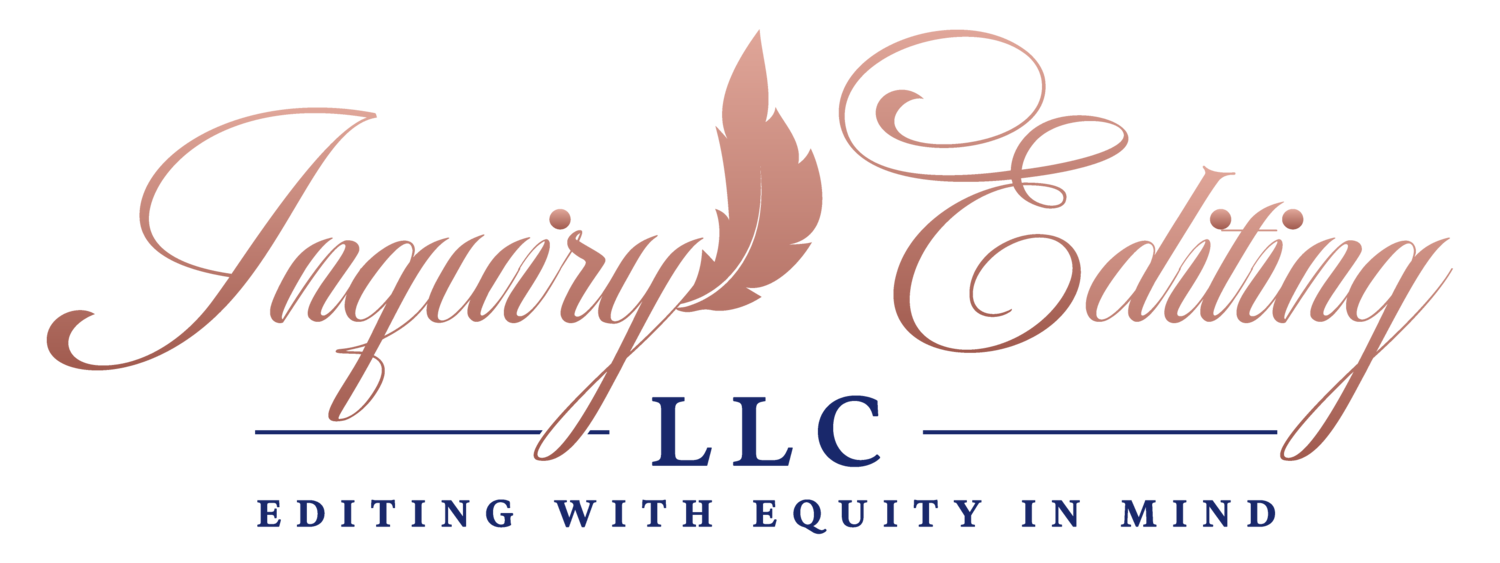Accept Validation
Kudos to those of you who also heard this newsletter’s title as except validation. We’ll go in both directions on today.
Except Validation
Writers frequently bemoan their attachment to validation. Some are concerned that validation shouldn’t come from external sources. Some are concerned that needing validation means they lack self-confidence. Some think about racking up rejections as part of a numbers game where something has to eventually give.
For some people, validation is an unnecessary ruse, a fake social contract, only to be made when one acquiesces to social pressures. These pressures shift depending on one’s identity, but the pressure to conform or be usefully (broadly defined) different from others. At times, external validation can mean you’re doing something wrong, depending on who is doing the validating.
I understand this. Validation seems like a four-letter word and the fact that it consists of four syllables seems an apt poetic coincidence. Yet, validation is embedded in the writing process.
Accept Validation
No, I’m not talking about submission and acceptance. I am thinking specifically of the implied need of every writer: an audience. Even those of us who write for ourselves have an implied audience. Whether it is an audience of one or one billion, the audience helps you determine whether your project slaps (good) or bites (bad).
As a sensitivity reader, I operate as a “beta reader” who helps writers understand whether their characters’ experiences match the possible lived experiences out there for people in marginalized groups. As a developmental editor, I operate as a “beta reader” who helps authors understand whether their work does what it promises. I provide some degree of validation.
What makes this validation so different? People have asked for it. I am an audience member expected to give advice. I am an implied reader, or a reader for whom the text was imagined. When seeking my input, people are following a version of some useful advice: Never take critique from someone from whom you would never seek advice.
Differently put: Take praise from someone from whom you’d gladly take advice.
To be clear, there are different forms of validation. In some instances, writers want to know whether they are headed in the right direction. That is definitely a question someone can answer.
In other instances, writers want to know whether they are good writers. Unfortunately, that is not a question that one person can answer. One person can tell you that they like your writing. One person can tell you that your writing resonates with them. Consistent output that suits you that is what usually convinces you that you are a good writer. Validation in multiple spaces where people don’t know each other; that can convince you as well. But, let me tell you this. Right now, I want you to picture Diahann Carroll in a fur coat with her eyebrow arched and her index finger pointing in your direction.
No one can convince you of your worth except you.
